“It is in Alaska and in the Arctic that the economic interests of our countries converge and prospects for implementing large-scale mutually beneficial projects arise,” said Yuri Ushakov, Vladimir Putin’s long-time foreign policy adviser and former Russian ambassador to the United States, at a Friday press conference in Moscow. His words pointed to Arctic economic cooperation being firmly on the agenda when Donald Trump meets Vladimir Putin in Alaska on Friday. For Trump, a massively important commercial deal of this kind is his typical negotiating strategy. It’s the “Art of the Deal” – offer something big, lucrative and tangible, then leverage it to unlock political concessions. It’s the template Trump just used to broker a peace agreement between Rwanda and the Democratic Republic of Congo, where economic incentives were bound up with resolving a long-running security dispute.
An Arctic agreement between the US and Russia could revive energy collaboration between the two countries on a breathtaking scale. A deal would be massively lucrative for both sides. The Arctic contains an estimated 13 per cent of the world’s undiscovered oil, roughly 90 billion barrels, and 30 per cent of its undiscovered natural gas. Russia controls around half of that, with explorers pointing to 2,300 million metric tons of oil and condensate, and 35,700 billion cubic meters of gas. It’s a bonanza tailor-made for Trump’s America First. Parlay US expertise and capital into these frozen assets and the pay-off would be staggering. The shipping upside is no less compelling. The Northern Sea Route offers the promise of slashing shipping times between Asia and Europe by up to 50 per cent. As melting ice slowly opens the Arctic lanes, that cut becomes ever more real: less fuel burned, no queueing at chokepoints, and avoidance of piracy hotspots. Pair that with a fleet of US oil champions and Arctic logistics savvy, and Trump suddenly holds a commercial deal that has the feel of an irresistible boardroom trophy.
The US and Russia have been here before. In 2011 ExxonMobil struck a landmark deal with Russia’s Rosneft to explore and drill in the Russian Arctic, including the Kara Sea. It was a project worth tens of billions, giving Exxon access to vast untapped reserves and giving the Russians US technology and expertise. Drilling began, but the partnership was suspended in 2014 when western sanctions were imposed after Russia’s annexation of Crimea. Bringing it back to life, or using it as the template for new ventures, would be straightforward in commercial terms. The infrastructure, geological data and corporate relationships already exist. A revived Arctic partnership could go beyond oil and gas to include liquefied natural gas terminals, port upgrades, and joint development of the Northern Sea Route, binding the two economies together in one of the last great frontiers for energy extraction.
There is no confirmation that the Arctic and Ukraine will be explicitly linked. Yet the logic is obvious enough and the hints coming from Moscow cannot be ignored. For Putin, the Arctic could be the sweetener that secures US agreement to a settlement on his terms in Ukraine. Moscow is unlikely to shift on the fundamentals: Crimea and the Donbas are written into Russia’s constitution as part of its territory. Any deal would lock in those gains, demand Ukraine’s demilitarisation and secure a buffer against Nato. Trump could claim an Arctic deal as a massive commercial win for the US and the end of a war which he insists was caused by Biden. Putin could gain Washington’s help in pushing Kyiv to accept the deal.
Trump’s leverage is blunt. Kyiv’s very survival depends on American weapons and cash. By threatening to cut them off, Trump can force Zelensky to the table on terms Kyiv has long rejected. For Trump, this is straight from his negotiating playbook: create a crisis point, hold the most valuable card, and make sure everyone knows you are prepared to walk away. For Zelensky, the choice would be between accepting a peace agreement that leaves Ukraine truncated, or facing a war without US backing.
Ukraine’s position is fragile. Its army is drained, its economy battered, and its war effort hinges on western aid. European and UK promises mean little without US firepower and financing. If Trump decides to pivot towards an Arctic bargain with Putin, Kyiv may need to fall in line or face the battlefield more or less alone. Zelensky can draw red lines, but without American support they’ll count for little.
The EU and Britain would protest loudly, but they lack the leverage to block an American/Russian deal. Brussels, London, Paris and Berlin have all made clear that no settlement should be struck over Ukraine’s head, yet moral objections are no substitute for raw power. British, French and German support for Ukraine may not make much of a difference to the Russian advance if the war were to drag on without full US support.
Kyiv would be furious about a deal on the Arctic linked to Ukraine. Zelensky has built his presidency on reclaiming occupied land and has vowed never to cede Crimea or the Donbas. A deal that locks in those losses would be denounced as a betrayal. London would echo the outrage, while Brussels would convene summits and issue condemnations. Yet despite the rhetoric, the Europeans would be powerless to change the outcome. The settlement would already be signed and control of US financing of the war firmly in Trump’s hands.
Beyond the western alliance, the reaction would be far warmer. Much of the global south sees the war in Ukraine less as a clash over borders, and more as a drag on global trade and growth. For China, India and Brazil, an end to the war, even entirely on Russia’s terms, would be hailed as pragmatic diplomacy. Trump could present the Arctic bargain as proof that US-Russia cooperation can solve global problems, and this would help blunt criticism from Europe and the UK.
The incentives for both Trump and Putin line up neatly. For Trump, it would be another Trump ‘deal’ in which commercial muscle underwrites a political settlement. Putin would keep his territorial gains and reopen the Arctic to US investment, and Ukraine would be left to make the best of a settlement it didn’t shape. Britain and the EU would be reduced to a role of bystanders.



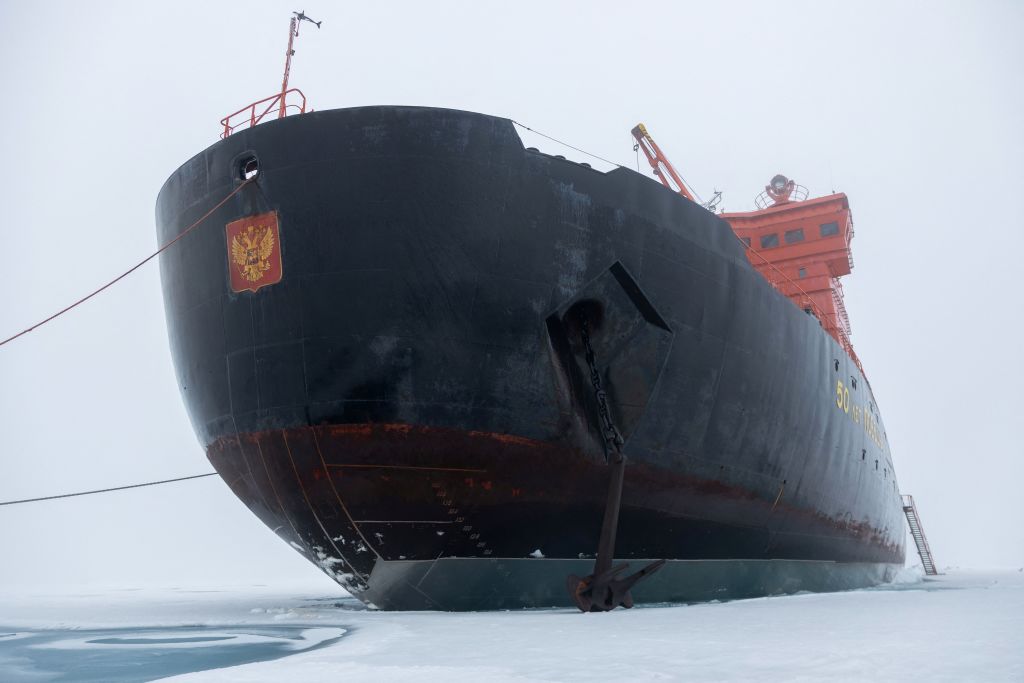






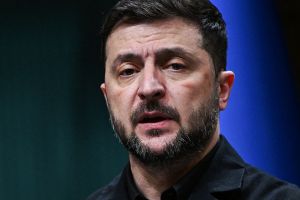
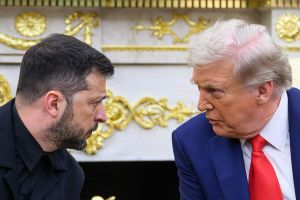
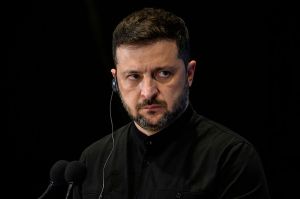


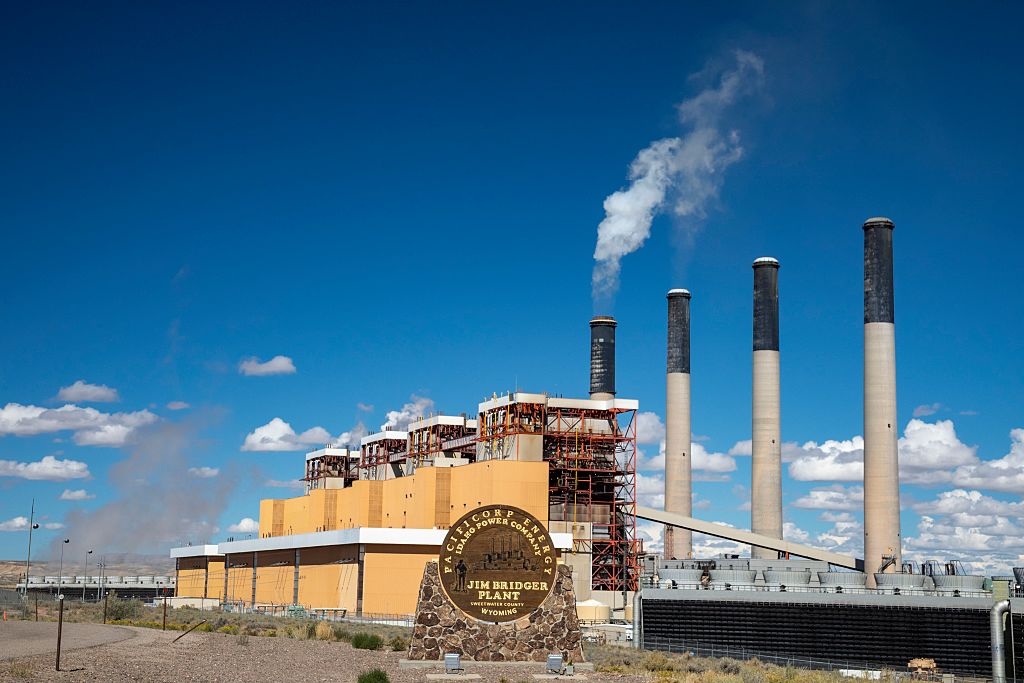

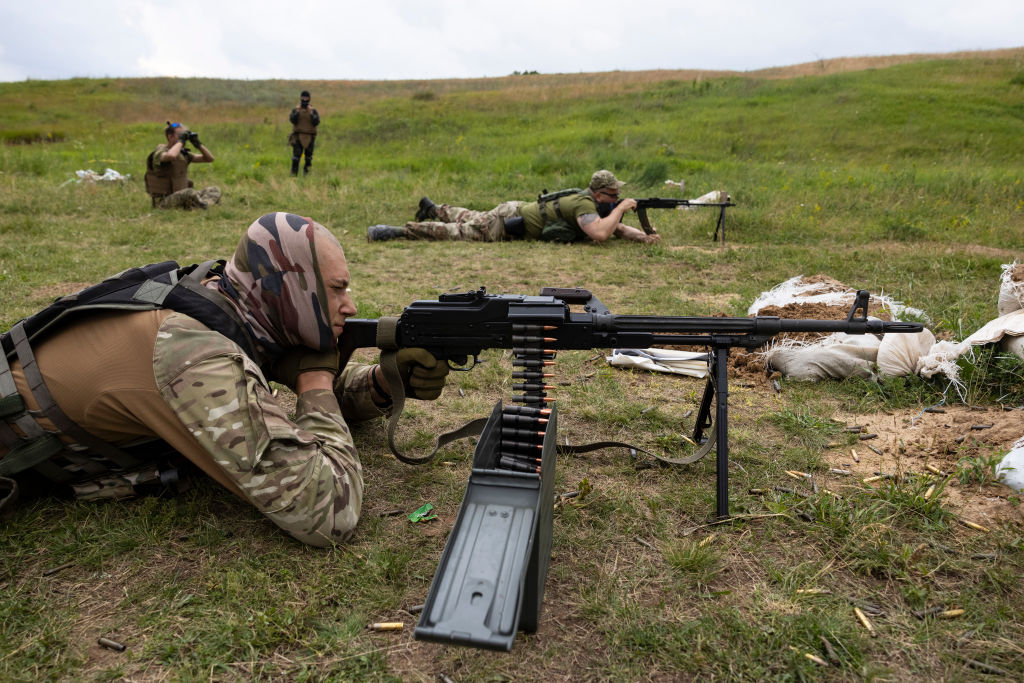








Leave a Reply